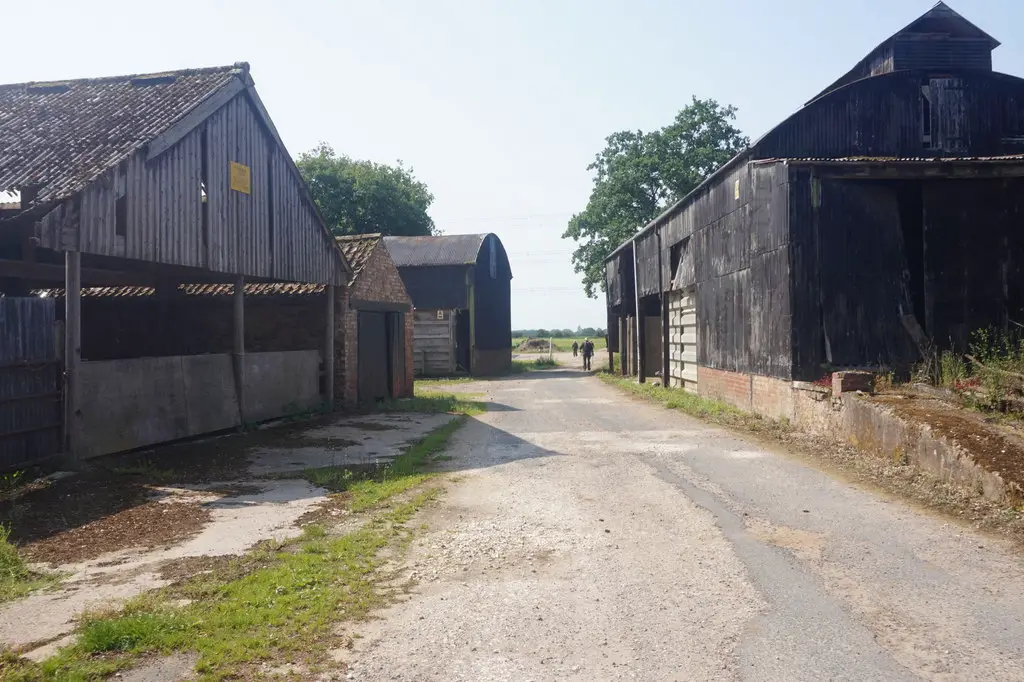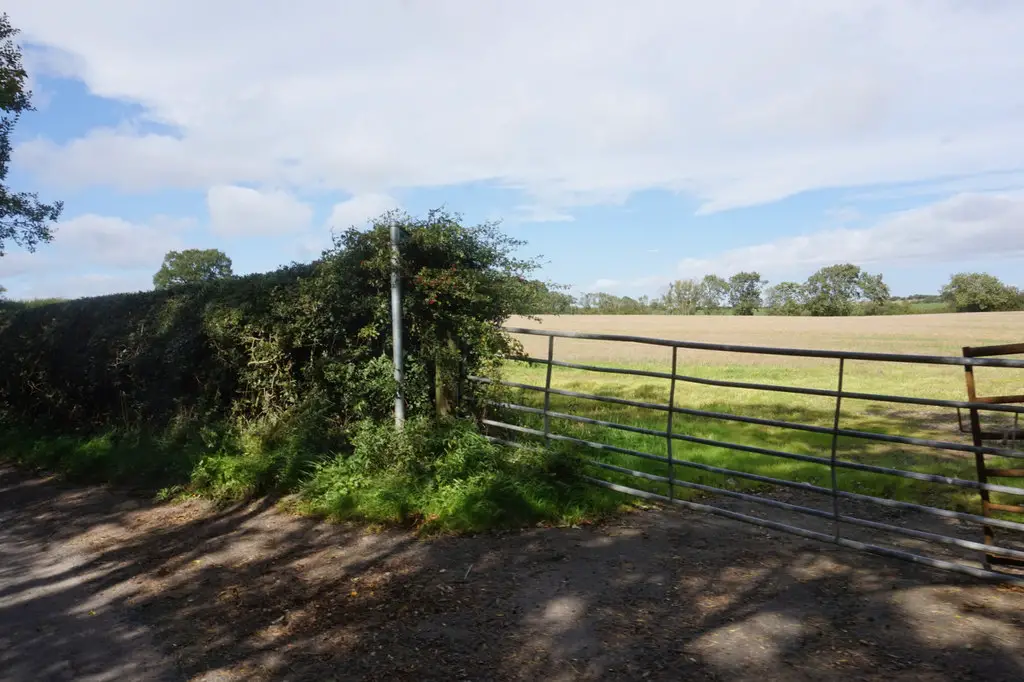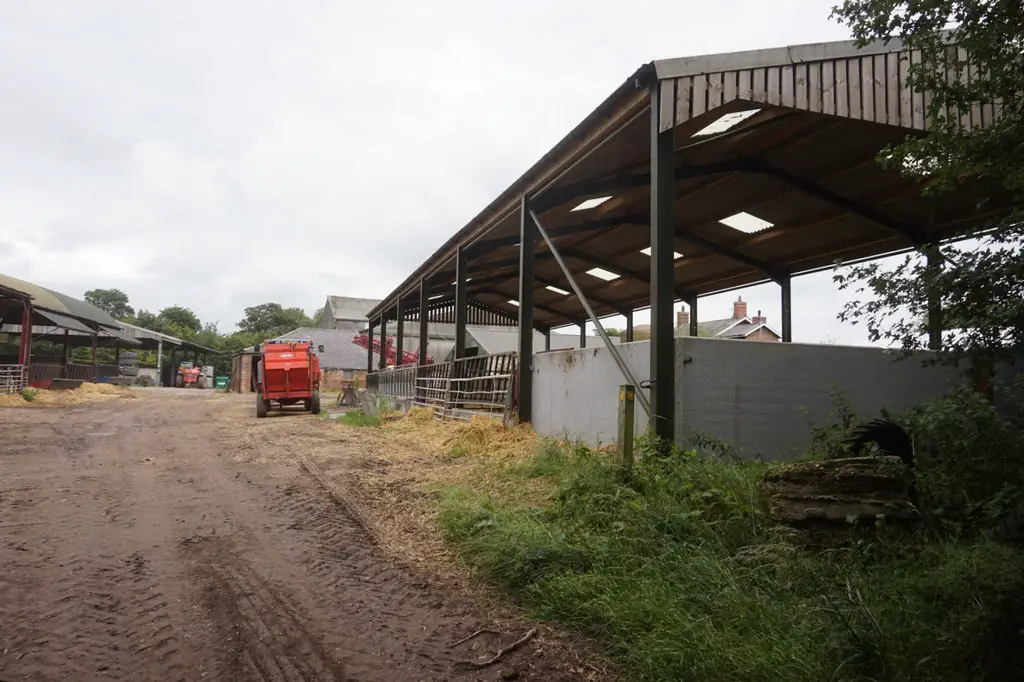
How Much is a Right of Way Worth?
Legally, a right of way grants you permission to use property owned by someone else. It can include access to a road or the right to cross farm land. The value of a right of way varies depending on the property type and location. But generally, it tends to be less expensive than buying land outright.
Several factors affect how much a right of way is worth: land type, accessibility, and location.
Accessing a highway will require more space than accessing a private road. Also, accessing a private road during any season or for specific hours is more expensive than accessing a highway during certain seasons.
Furthermore, your access point will be of more value if it is located near a school or business where you need it. As a result, people will be willing to pay higher costs if they can get to their destination easily instead of driving farther away. However, a right of way in the UK does not have an official price. Hence, landowners can charge whatever they want if someone is willing to pay.
Therefore, in this article, we’ll tell you everything you need to know about the value of a right of way, from how you go about valuing the right of way to how much the right of way could devalue a property.
How Do You Value a Right of Way?
There are a few factors to consider when determining the value of a right of way:
- Size: How big is the right of way? The right of way’s size can help you determine its value. The value may be higher if it accommodates cars and bikes, for example, rather than being used only by pedestrians.
- Location: Is it in a prime location? An urban right-of-way may be more valuable than a rural one on an isolated street.
- Use: How will you use this space? Are you allowed to plant trees or flowers? If other businesses compete for customers and resources such as parking spaces or utilities, you should consider whether those businesses might want to expand your right of way before purchasing it yourself.
What is a Right of Way

The right of way allows individuals or groups to use privately owned land. It can be used for walking, riding horses, or driving cars; however, they must be careful not to damage the land.
For example, if you live on a street with sidewalks, you have the right to walk on these sidewalks without asking permission from the property owner. It is because the city has declared these streets to be public spaces.
Is it PossiOrganizationble to Buy a Right of Way?
Purchasing a right of way can be difficult, but it’s possible. A right of way can be purchased through an easement.
Easements allow you to access specific places like highways, shopping centres, and schools by using someone else’s property. To obtain any type of easement, the owner of the property—the servient tenement—must consent.
There are two types of easements: negative and affirmative. In a negative easement, one party has been granted the right to use the land of another without having any ownership rights. A negative easement is when a utility company runs power lines across your property. By limiting what you can do with your land, this type of easement lowers its value and appeal as a place to live or work.
On the other hand, the positive easement conveys some control or ownership over the property since it allows you to access public utilities through someone else’s property. You don’t lose much value with this easement since it doesn’t restrict what you can do with it as much or make it inaccessible for people to live and work there.
How Much Does a Right of Way Devalue a Property?

A right of way devalues your property because it reduces its appeal as a place to live. If you have the right of way running through your backyard, you will likely be unable to use it for recreational activities such as gardening or playing sports with your children. When people use the right of way, the noise level may also increase, negatively impacting your enjoyment of your home and impeding your desire to stay for long periods.
Also, the same amount of space taken up by a road is worth less than if it were used for something like a home. If there are multiple rights-of-way running through your property, this will lower its value even more
The value of a property can be decreased by the presence of an easement, or right of way. An easement is a legal right granted to another party over another person’s property. There are two types of easements: negative and positive. Negative easements restrict land use, while positive easements grant a right to use land.
If you have the right of way running through your backyard, you will likely be unable to use it for recreational activities such as gardening or playing sports with your children. You may also find that the noise level increases when people are using the right of way, which could negatively impact your enjoyment of life in your home and make you less likely to want to stay there for long periods.
The amount of space taken up by a road is worth less than if it were used for something like a home. Your property’s value will be further reduced if multiple rights-of-way are running through it.
What Happens if You Block a Right of Way?
Legal action can be taken against you if you block someone’s right of way. Unless you have a written agreement in the property deed that specifies what you can do with your land and how much is private, it is considered public space. In other words, other people are allowed to use this land.
If you impede their right of way, they may sue for breach of contract, requiring you to pay damages.
Do You Have to Maintain a Right of Way?
Yes, you have to maintain a right of way.
Property owners, tenants, or neighbours near the right of way need to maintain the land for it to be used safely. It doesn’t take much work; you just have to ensure there is no vegetation growing over the right of way so that it is always visible to people.
